Britain & Ireland 1901-present
War and conflict, technology, illness and medicine and the battle for civil and national rights have all been key elements of the 20th century through to today, thus, all of those themes and many more are explored in this section. Underpinning many of these articles and included here are articles exploring pedagogical issues, managing knowledge and transferring knowledge. Read more
Sort by:
Date (Newest first) | Title A-Z
Show:
All |
Articles |
Podcasts |
Multipage Articles
-
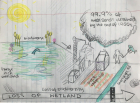
Establishing a dialogue with Year 9 about why environmental history matters
ArticleClick to view -

Shaping what matters: Year 9 decide why we should care about the Windrush scandal
ArticleClick to view -
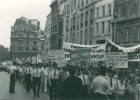
What Have Historians Been Arguing About... Modern British LGBTQ+ history
ArticleClick to view -
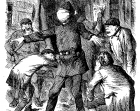
How visual evidence reflects change and continuity in attitudes to the police in the 19th and early 20th centuries
ArticleClick to view -

Come together: putting popular music at the heart of historical enquiry
ArticleClick to view -

Triumphs Show 193: Year 8 imagine the First World War trenches
ArticleClick to view -

What Have Historians Been Arguing About... youth culture?
ArticleClick to view -
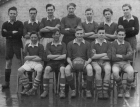
Studying our own school’s archives to promote historical understanding in Year 7
ArticleClick to view -

Fifties Britain through the senses: ‘never had it so good’?
ArticleClick to view -

Recorded Webinar: Nineteenth-century crime and punishment
ArticleClick to view -

Recorded webinar: Queer beyond London
ArticleClick to view -

Investigating ‘sense of place’ with Year 9 pupils
ArticleClick to view -
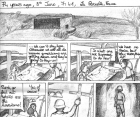
Triumphs Show: ‘The Strands of Memory’
ArticleClick to view -

Using Lesson Study to make microimprovements in teaching Year 8 how to use sources
ArticleClick to view -

Introducing History Lab
ArticleClick to view -

Ensuring Gypsy, Roma and Traveller children do not feel unseen in the history classroom
ArticleClick to view -
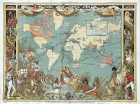
Navigating the ‘imperial history wars’
ArticleClick to view -

Helping Year 9 to engage effectively with ‘other genocides’
ArticleClick to view -

Film: “The Talk Should Not Be Broadcast”: Homosexuality and the BBC before 1967
ArticleClick to view -

Teaching Britain’s ‘civil rights’ history
ArticleClick to view

